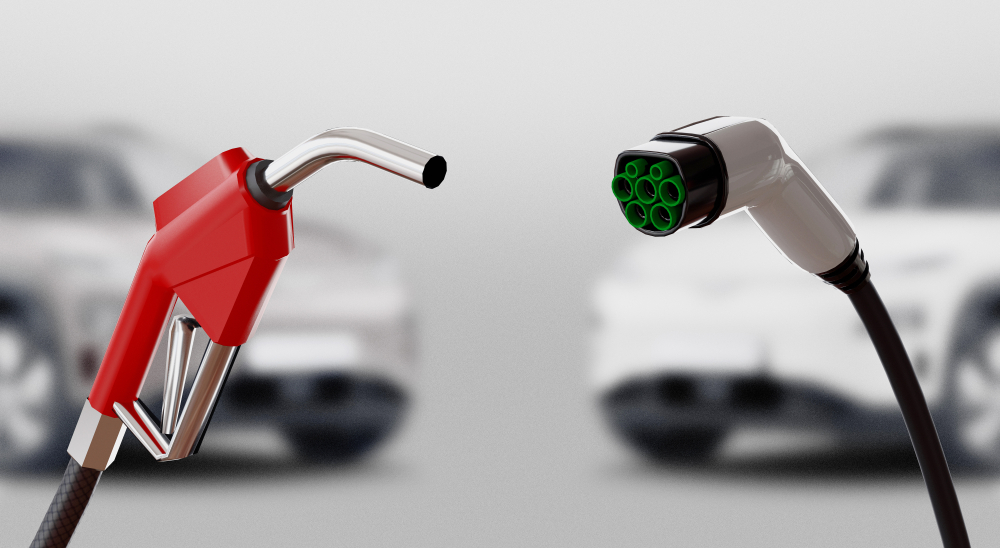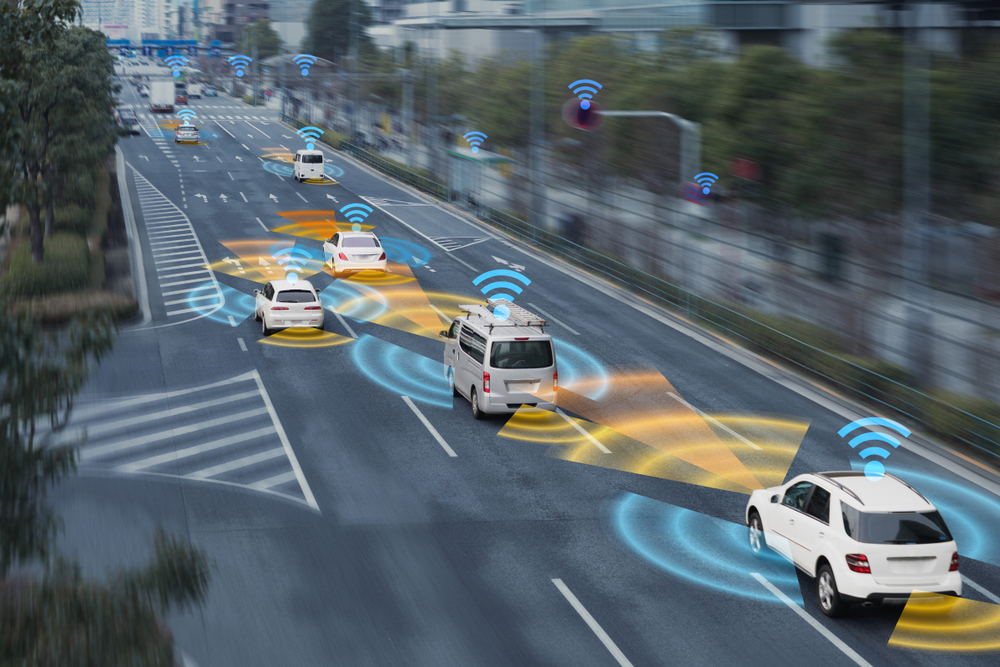Welcome to the world of progress, where change is occurring intentionally. Innovation is being communicated to everyone in this developing transportation chapter through advancements. Imagine cars slicing through the air with a newfound grace, seamlessly switching between traditional engines and electric power.
The past year has been filled with exploration and information on technologies that not only reduce our carbon footprint but also make financial sense. Together, we will explore the straightforward advances in fuel efficiency. It also showcases how sustainability and simplicity combine to move us closer to a time when every mile driven results in a smaller environmental impact.
Hybrid Technology
The introduction of hybrid technology has arguably been one of the greatest developments in contemporary years. The hybrid vehicles integrate a conventional internal-combustion engine along with an electric motive mechanism. The vehicle switches between the two depending on changing driving factors and this synergy results in low fuel usage. Hybrids reduce fuel consumption and have lower emissions which makes a positive impact on the environment.

Start-Stop Systems
For example, what about a vehicle that shuts down on its accord during traffic jams and red signals? Such technology as a result makes it possible, for instance, through start-stop systems that switch-off the engine when idling. The vehicle immediately starts up when the driver pushes on the accelerator. Remarkably this straightforward process has played an important role in improving the city traffic driving fuel efficiency.
Improved Aerodynamics
Fuel consumption varies greatly depending on car design. New car designs are increasingly sleeker and more aerodynamic (a result of continued innovation in aerodynamics). Cars are able to flow over the air with minimum air resistance thus consuming minimal amounts of fuel. It can be seen as in the production of today’s electric and hybrid cars, where aerodynamic designs are carefully incorporated to improve performance and fuel economy.
Advanced Engine Technologies
The use of improved internal combustion engines as part of efforts towards fuel efficiency. Innovations such as direct injection, turbocharging, and variable valve timing help extract as much power as possible from each oil drop. These developments however help in improving fuel economy and overall engine performance.
Regenerative Braking Systems
Hybrid and electric cars have an energy recapturing braking system that collects and stores energy when braking the car. This technology converts kinetic energy and uses it towards electrifying the vehicle’s battery supply rather than letting it turn into waste energy as heat. Regenerative braking systems help save energy that could have been wasted hence increased fuel efficiency and longer electric-only driving range.
Lightweight Materials
One of the key ways through which fuel efficiency can be enhanced is by reducing the weight of vehicles. Manufacturers of automobiles can construct vehicles made of lightweight materials such as aluminum and composite compositions that meet both these criteria. The lighter a vehicle is, it uses less energy which in turn improves on whole fuel efficiency.
Smart Driving Assistants
A combination of smart driving assistants and artificial intelligence has enabled improvement in efficiency regarding fuel consumption. Such systems analyze current driving patterns, traffic statuses, and others in real time in order to suggest optimal ways of economical driving. These assistants help inform drivers with options that improve fuel usage like ideal speed and choices of route.

Sum Up
Improvements in fuel efficiency technologies point to the shared goal of building an eco-friendly tomorrow. Such research is still ongoing however, that will lead us to even more breathtaking discoveries about energy-effective means of transportation. Consumers need to be informed of the progress made by car manufacturers in terms of green and fuel efficiency so as to enable them to choose a greener and fuel-efficient future.

